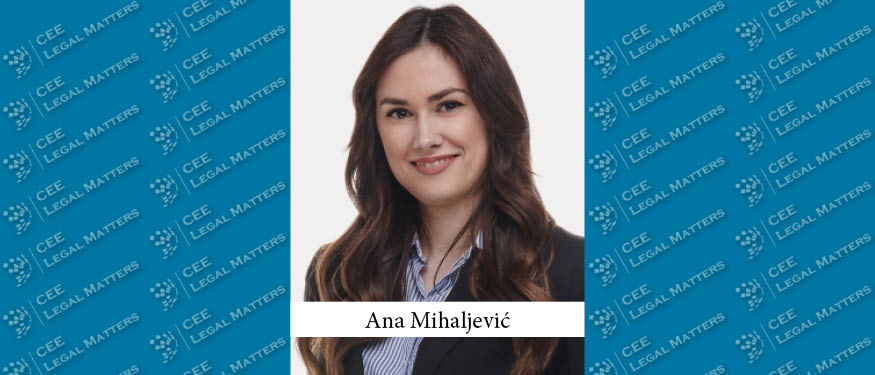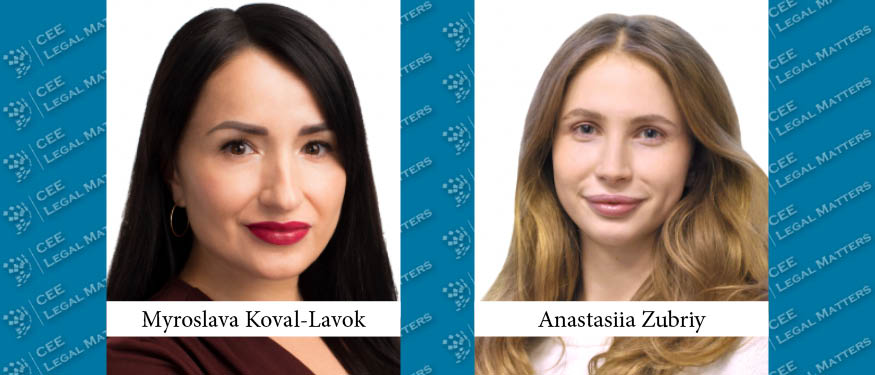On 17 April 2025, the Law on the Implementation of Regulation (EU) 2022/2065 on the Single Market for Digital Services (the Digital Services Act or "DSA") (the "Law") entered into force in Croatia. The Law marks a significant step in harmonising the national legislation with the EU's regulatory framework for digital services.
The DSA establishes a comprehensive set of rules for various online intermediaries and platforms, including online marketplaces, social networks, content-sharing platforms and app stores. Its main goals are to prevent the spread of illegal and harmful online content, tackle misinformation and strengthen the protection of users' fundamental rights online.
Very large online platforms (VLOPs), defined as those with over 45 million active users in the EU, face additional obligations under the DSA, such as identifying and mitigating systemic risks and implementing swift mechanisms for removing illegal content. Users must have accessible means to report such content and appeal platform decisions. National authorities are also empowered to issue binding orders for the removal of illegal content under national or EU law.
Competent authorities in Croatia
The Law now designates a number of competent authorities responsible for issuing orders to remove illegal content and requests for information, depending on the nature of the violation:
- State Attorney's Office and Ministry of the Interior – for criminal offences and misdemeanours.
- Agency for Personal Data Protection – for breaches of data protection legislation.
- Customs Administration – for violations of intellectual property rights.
- State Inspectorate – for infringements within its regulatory competence.
- Ministry of Health – for violations related to health, medicines and biomedicine.
- Agency for Electronic Media – for breaches concerning electronic media.
- Other authorities – in accordance with the powers defined by specific laws governing their respective areas of competence.
These authorities will be empowered to issue orders not only to service providers established in Croatia but also to those operating in other EU Member States.
The complaint mechanisms and the role of HAKOM
Service recipients will be able to submit complaints against intermediary service providers for violations of the DSA to the Croatian Regulatory Authority for Network Industries (Hrvatska regulatorna agencija za mrežne djelatnosti; "HAKOM"), which will act as the Digital Services Coordinator under the Law. Its decisions may be subject to judicial review through administrative proceedings.
HAKOM will also maintain a central coordinating role among the competent authorities and will publish annual reports on the implementation of the Act, including its own enforcement actions and those of other competent authorities.
Trusted reporters and service provider obligations
The DSA introduced the concept of trusted reporters, whose notifications of illegal content platforms must be addressed with priority. HAKOM is responsible for adopting bylaws that will govern the criteria and procedures for granting, suspending or revoking this status.
Furthermore, intermediary service providers with a business presence in Croatia will be required to notify HAKOM of their service activities. Detailed guidance on the notification process is expected to be published within a month of the Law's entry into force, after which providers will have a three-month period to comply.
Sanctions
The Law prescribes substantial administrative fines for non-compliance with the DSA or obligations imposed under the Law. Legal entities may be fined between EUR 6,630 and EUR 66,360, or up to 6 % of their global annual turnover, whichever is higher. For natural persons operating as sole traders, fines range from EUR 1,320 to EUR 6,630.
By Ana Mihaljevic, Attorney at Law, Schoenherr















